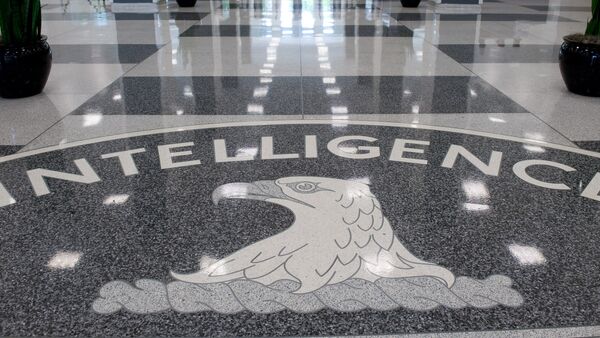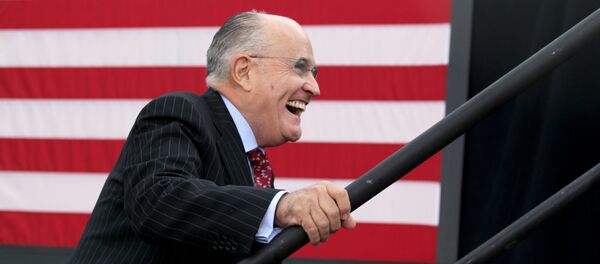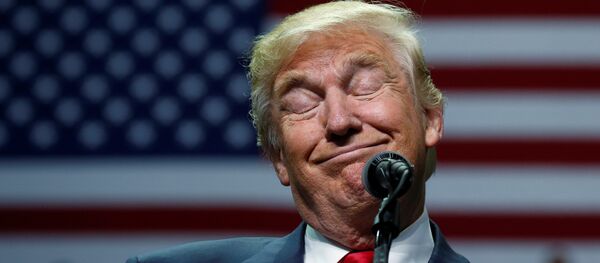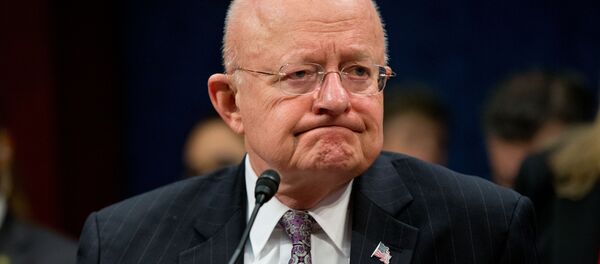The President's Daily Brief, or PDB, is a summary of what all of the United States' 16 intelligence agencies have discovered, including top-secret information regarding drone strikes, foreign leaders' communications, maybe even assassinations and all the covert operations movie-goers so enjoy watching in spy thrillers. This document is provided to the president of the United States, a very small circle of top government officials and the president-elect, so the newly elected leader of the nation can catch up with the latest developments more easily. Presidential candidates, on the other hand, are not allowed access to full extent of this information.
However, Donald Trump, who repeatedly criticized the US intelligence community, openly challenging their views on Russia, Syria and other issues, has received only two of these briefs since his election. The US media, who are closely watching and examining Trump's every step (not entirely unlike Russian President Vladimir Putin), have noted that intelligence officials are puzzled at the president-elect's reaction.
"The president-elect is missing out on a golden opportunity to learn about the national security threats and challenges facing our nation," said Michael Morell, former deputy CIA director, who supported Democratic nominee Hillary Clinton during the campaign.
"The last three presidents-elect used the intelligence briefings offered during the transition to literally study the national security issues that they would be facing and the world leaders with whom they would be interacting as president," Morell added.
However, both The Independent and The Washington Post underscore that it is too early to make conclusions, as Trump could simply be overwhelmed with his other transition duties.
"National security is Donald Trump's number one priority and I think he's taking it very seriously," the media quotes Rep. Devin Nunes (R-Calif.), the chairman of the House Intelligence Committee and a senior member of Trump's transition team, as saying.
"Look how many leaders he's met with, how many phone calls he's done, positions he's filled. People who are being critical need to get a life," he added.
Others suggest that there's nothing extraordinary in Trump's behavior when compared to other US presidents on a larger timescale. While several recent president-elects were quite interested in the intelligence summaries during their transition, others before them were a little more hands-off.
"His pace is not as frequent as most recent presidents-elect, but it is not unprecedented over the decades-long scope of these briefings," says David Priess, a former CIA officer and PDB briefer during the George W. Bush administration.
The US intelligence community is already in the state of concern nearly amounting to "dread" according to The Washington Post. The intelligence employees share some degree of collective uncertainty regarding their future under Trump's administration. There are speculations that a certain percentage of intelligence officials aligned with former Democratic candidate Hillary Clinton will resign. Other believe that the bureaucratic system that the intel community is can withstand even stronger commotion.






